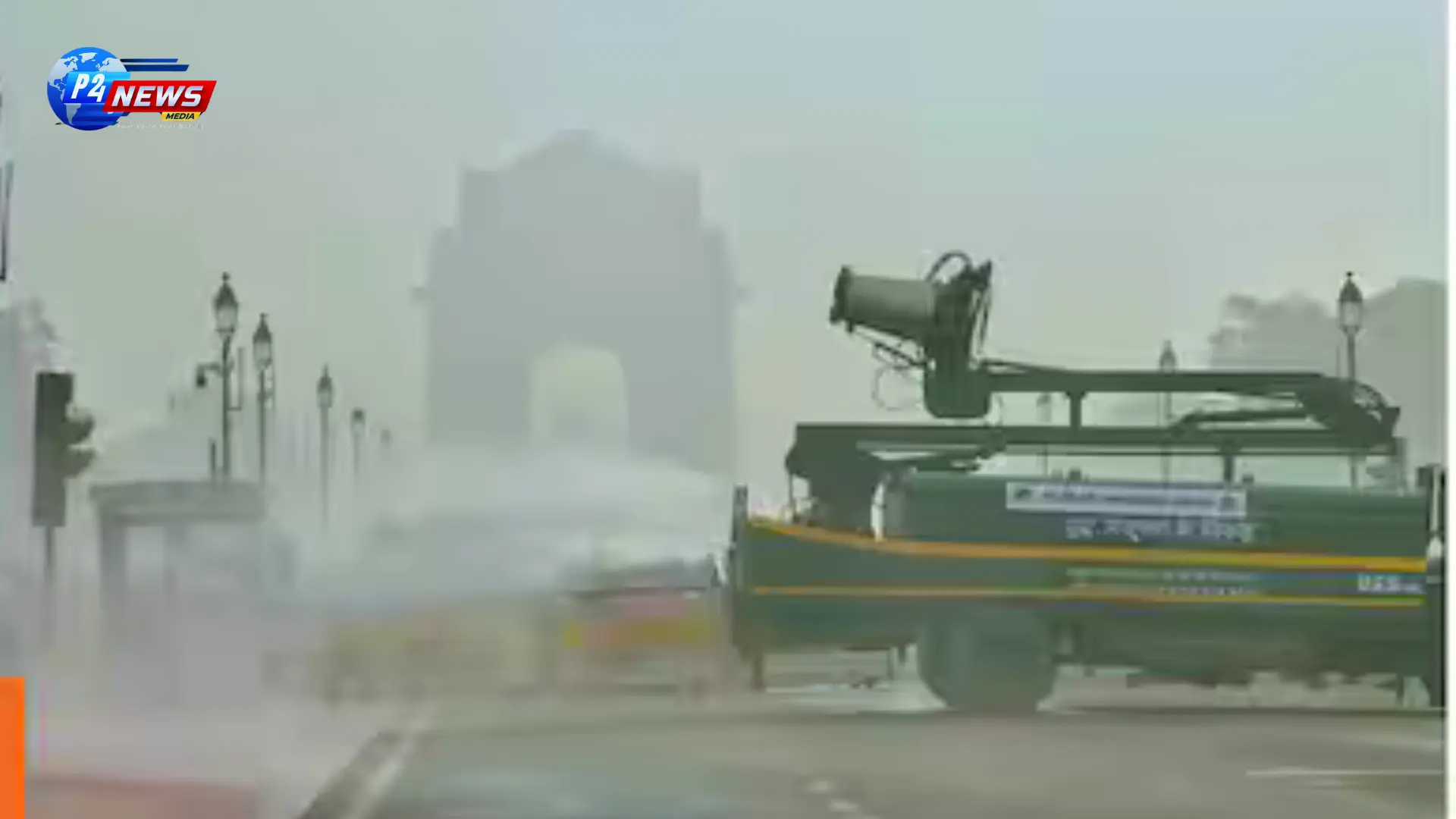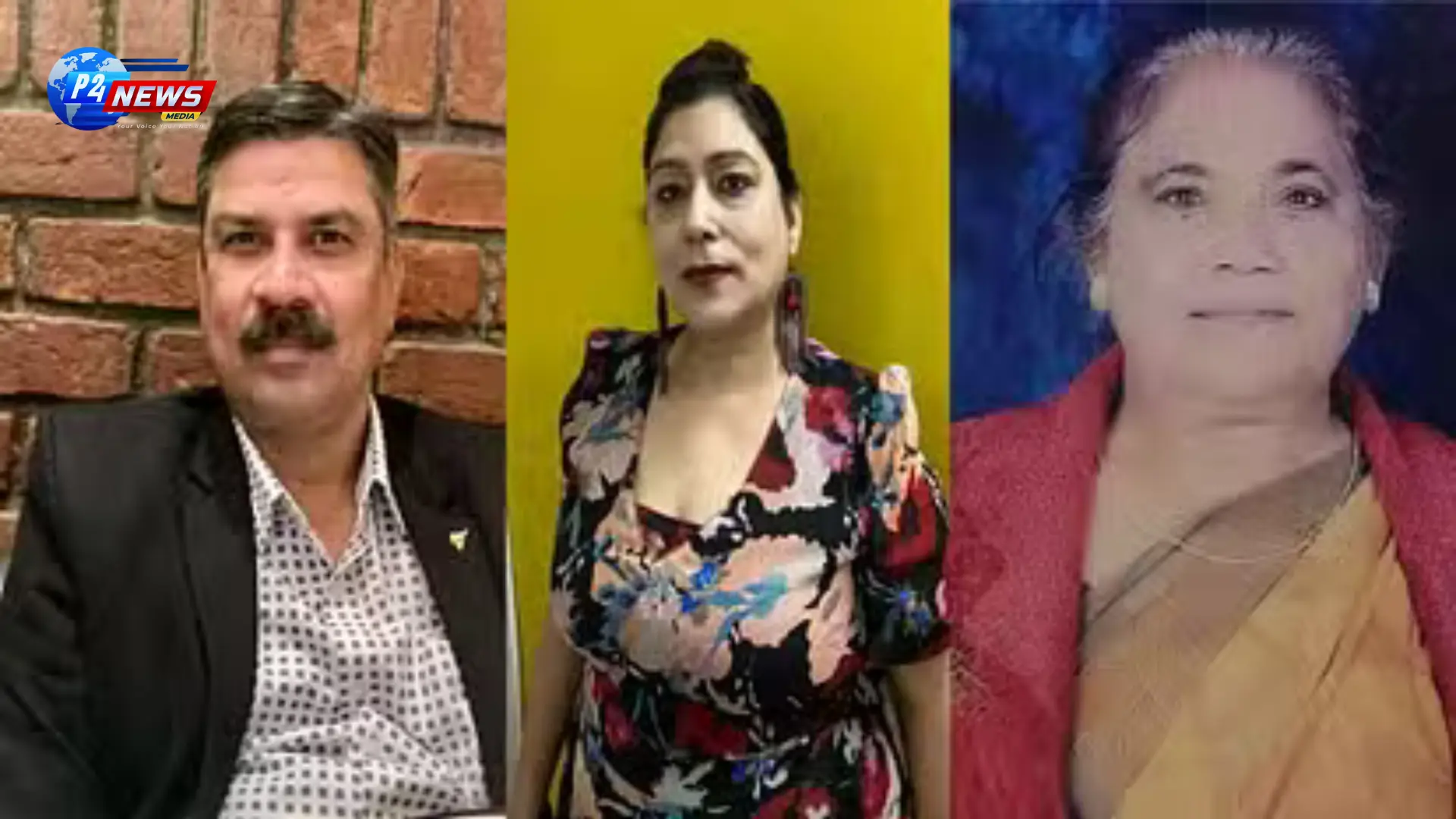The Supreme Court has criticized the implementation of GRAP 4, labeling it a significant failure and directing the air quality management body, CAQM, to convene urgently and propose adjustments in pollution restrictions. This includes a potential shift from GRAP 4 to less stringent GRAP 3 or GRAP 2 measures. The Court emphasized that current GRAP IV regulations will remain until modifications are made, highlighting the need for accountability among police and civic officials for non-compliance, while also advising the Punjab government to take immediate steps against stubble burning practices.
The Supreme Court of India has made headlines by declaring the implementation of the Graded Response Action Plan (GRAP) 4 an “abject failure.” This ruling comes amidst growing concerns regarding air quality in Delhi and surrounding regions. The apex court has taken a firm stance, directing the Commission for Air Quality Management (CAQM) to hold an urgent meeting. The objective of this meeting is to explore the possibilities of downgrading the restrictions currently imposed by GRAP 4 to either GRAP 3 or GRAP 2. This indicates a shift in strategy as the court seeks to address the pressing issue of pollution effectively while also evaluating the existing measures.
In the interim, the Supreme Court has allowed all GRAP IV measures to remain in effect, except for those specifically altered concerning schools. The court clearly stated that the CAQM must consider adopting a hybrid approach that incorporates elements from both GRAP 4 and GRAP 3, contingent upon the evolving situation. This could potentially provide a more flexible framework for managing air quality, particularly during critical pollution episodes.
Furthermore, the court has mandated that the CAQM expedite accountability measures against high-ranking officials in police, government, and civic agencies within Delhi. These officials are to be held accountable for their negligence regarding the enforcement of the ban on heavy truck entry into the national capital—a decision aimed at alleviating pollution levels.
The court’s directives extend to the Punjab government as well, urging its officials to prohibit farmers from engaging in stubble burning practices after 4 pm. This timely intervention comes as satellite technology continues to monitor environmental compliance closely. The bench underscored the seriousness of the situation, stating that state officials must not condone or guide farmers towards actions that could evade detection, particularly when air quality is at risk.
In a separate political discussion, questions have arisen regarding the implications of Priyanka Gandhi’s recent entry into Parliament for the Congress party. Some analysts suggest it could enhance the party’s public image and strategic positioning, while others remain skeptical, asserting that broader reforms are necessary to effect real change.
As the landscape of Indian politics and environmental management continues to evolve, the emphasis on accountability and swift action remains crucial. The Supreme Court’s insistence on a more effective pollution control strategy through GRAP adjustments and scrutiny of official compliance reflects the urgency of addressing air quality challenges in the country.
















Comments 0